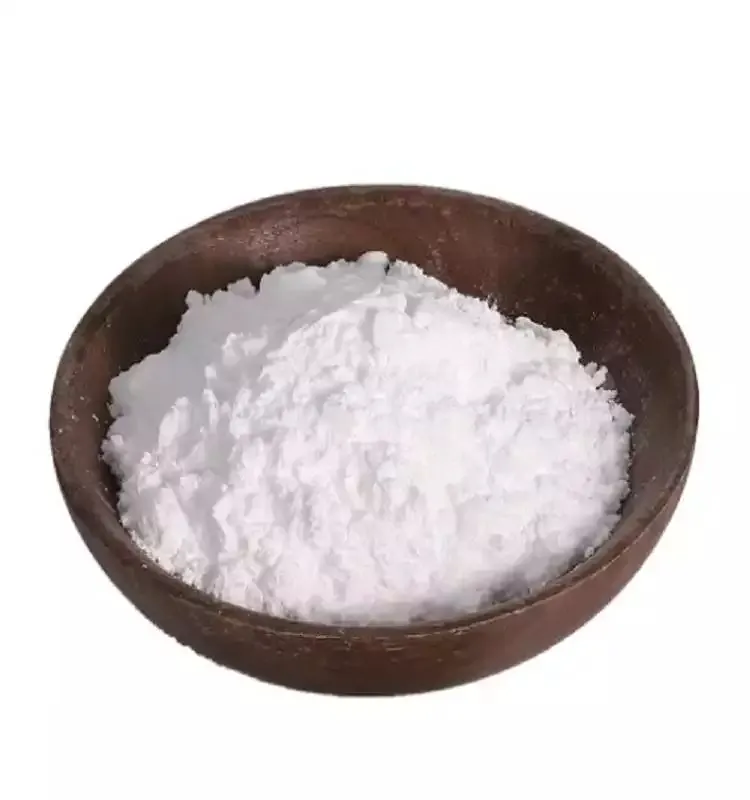Warning: Undefined array key "title" in /home/www/wwwroot/HTML/www.exportstart.com/wp-content/themes/1198/header.php on line 6
Warning: Undefined array key "file" in /home/www/wwwroot/HTML/www.exportstart.com/wp-content/themes/1198/header.php on line 7
Warning: Undefined array key "title" in /home/www/wwwroot/HTML/www.exportstart.com/wp-content/themes/1198/header.php on line 7
Warning: Undefined array key "title" in /home/www/wwwroot/HTML/www.exportstart.com/wp-content/themes/1198/header.php on line 7
- Afrikaans
- Albanian
- Amharic
- Arabic
- Armenian
- Azerbaijani
- Basque
- Belarusian
- Bengali
- Bosnian
- Bulgarian
- Catalan
- Cebuano
- China
- China (Taiwan)
- Corsican
- Croatian
- Czech
- Danish
- Dutch
- English
- Esperanto
- Estonian
- Finnish
- French
- Frisian
- Galician
- Georgian
- German
- Greek
- Gujarati
- Haitian Creole
- hausa
- hawaiian
- Hebrew
- Hindi
- Miao
- Hungarian
- Icelandic
- igbo
- Indonesian
- irish
- Italian
- Japanese
- Javanese
- Kannada
- kazakh
- Khmer
- Rwandese
- Korean
- Kurdish
- Kyrgyz
- Lao
- Latin
- Latvian
- Lithuanian
- Luxembourgish
- Macedonian
- Malgashi
- Malay
- Malayalam
- Maltese
- Maori
- Marathi
- Mongolian
- Myanmar
- Nepali
- Norwegian
- Norwegian
- Occitan
- Pashto
- Persian
- Polish
- Portuguese
- Punjabi
- Romanian
- Russian
- Samoan
- Scottish Gaelic
- Serbian
- Sesotho
- Shona
- Sindhi
- Sinhala
- Slovak
- Slovenian
- Somali
- Spanish
- Sundanese
- Swahili
- Swedish
- Tagalog
- Tajik
- Tamil
- Tatar
- Telugu
- Thai
- Turkish
- Turkmen
- Ukrainian
- Urdu
- Uighur
- Uzbek
- Vietnamese
- Welsh
- Bantu
- Yiddish
- Yoruba
- Zulu
Dec . 14, 2024 22:46 Back to list
Formulation and Benefits of Propylene Glycol in Cough Syrup Products
Understanding Propylene Glycol in Cough Syrup
Cough syrup is a common over-the-counter remedy for relieving cough symptoms caused by colds, flu, allergies, or other respiratory conditions. Among the various ingredients utilized in these syrups, propylene glycol has emerged as a prominent component deserving of attention. This article will explore what propylene glycol is, its applications in cough syrup, as well as its safety profile and potential concerns.
What is Propylene Glycol?
Propylene glycol is a synthetic organic compound with the chemical formula C3H8O2. It is a colorless, odorless liquid that is hygroscopic, meaning it has the ability to absorb moisture from the environment. This property makes it useful in various applications, especially in the pharmaceutical and food industries.
In the realm of cough syrup, propylene glycol serves several purposes. It acts as a solvent, helping to dissolve other ingredients, ensuring that the active components are well-distributed throughout the syrup. It also acts as a humectant, retaining moisture and enhancing the syrup’s texture, making it more palatable. Furthermore, because of its low toxicity, it is often used as a carrier for flavoring agents, improving the overall taste of the syrup, which is especially beneficial for children.
Applications in Cough Syrup
Cough syrups often contain a combination of active ingredients aimed at alleviating coughing and soothing the throat. These may include antitussives (cough suppressants), expectorants (which help expel mucus), and antihistamines. Propylene glycol can support these ingredients by helping maintain their stability and efficacy. By providing a smoother texture and improved taste, propylene glycol can enhance patient compliance, resulting in more effective treatment outcomes.
Moreover, propylene glycol is often found in formulations designed for long-term use, such as chronic cough remedies, due to its relatively non-irritating nature. For patients needing repeated doses, a syrup with propylene glycol may cause less throat irritation compared to alternative formulations.
propylene glycol cough syrup

Safety Profile and Concerns
The use of propylene glycol is generally recognized as safe by regulatory authorities, including the U.S. Food and Drug Administration (FDA). It is used in various products, including food, cosmetics, and pharmaceuticals, with a history of safe consumption. However, as with any ingredient, the safety of propylene glycol can depend on dosage and individual sensitivity.
Some individuals may experience reactions to propylene glycol, particularly if they have specific allergies or sensitivities. Symptoms may include skin irritation, headaches, or gastrointestinal discomfort. In rare cases, particularly with excessive use or ingestion, it can lead to toxicity. It is crucial for patients to follow dosing instructions and consult healthcare professionals if they have concerns about ingredients in their medications.
Some health professionals have raised concerns about the long-term effects of consuming propylene glycol, especially in vulnerable populations such as infants or those with compromised kidney function. Nevertheless, at the concentrations typically used in cough syrup, the consensus among researchers and regulatory agencies is that it poses minimal risk.
Conclusion
Propylene glycol is a versatile ingredient widely used in cough syrups to enhance texture, solubility, and overall palatability. Its extensive history of safe use in various products lends credibility to its inclusion in pharmaceutical formulations. While adverse reactions can occur, they are relatively rare, and when used appropriately, propylene glycol is generally considered safe for consumption. As with all medications, it is essential for consumers to be informed and consult healthcare providers with any questions regarding their treatment options, ensuring optimal health outcomes with minimal risk.
In summary, understanding the roles and implications of ingredients such as propylene glycol in cough syrup not only aids in making informed decisions but also highlights the intricate formulation processes that contribute to effective healthcare solutions.
Latest news
-
Certifications for Vegetarian and Xanthan Gum Vegetarian
NewsJun.17,2025
-
Sustainability Trends Reshaping the SLES N70 Market
NewsJun.17,2025
-
Propylene Glycol Use in Vaccines: Balancing Function and Perception
NewsJun.17,2025
-
Petroleum Jelly in Skincare: Balancing Benefits and Backlash
NewsJun.17,2025
-
Energy Price Volatility and Ripple Effect on Caprolactam Markets
NewsJun.17,2025
-
Spectroscopic Techniques for Adipic Acid Molecular Weight
NewsJun.17,2025

